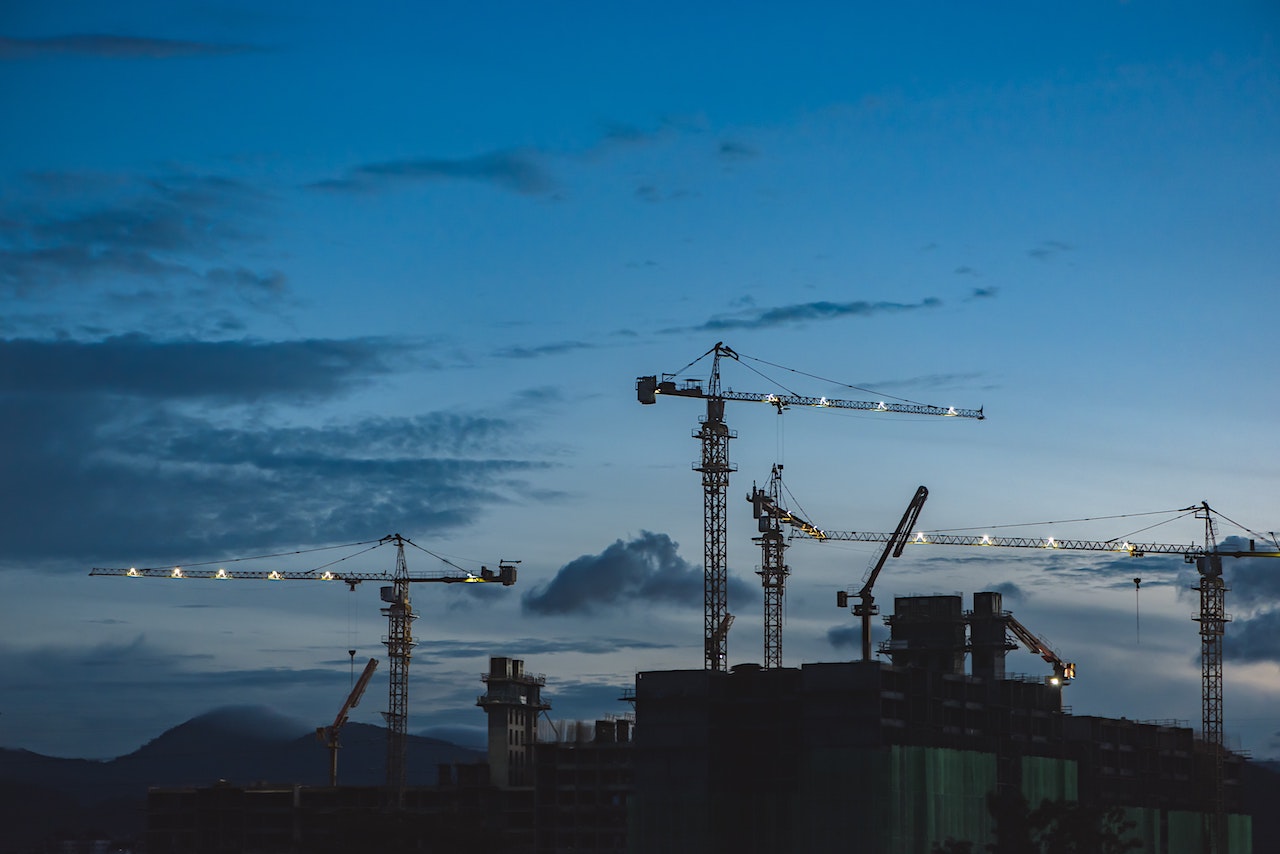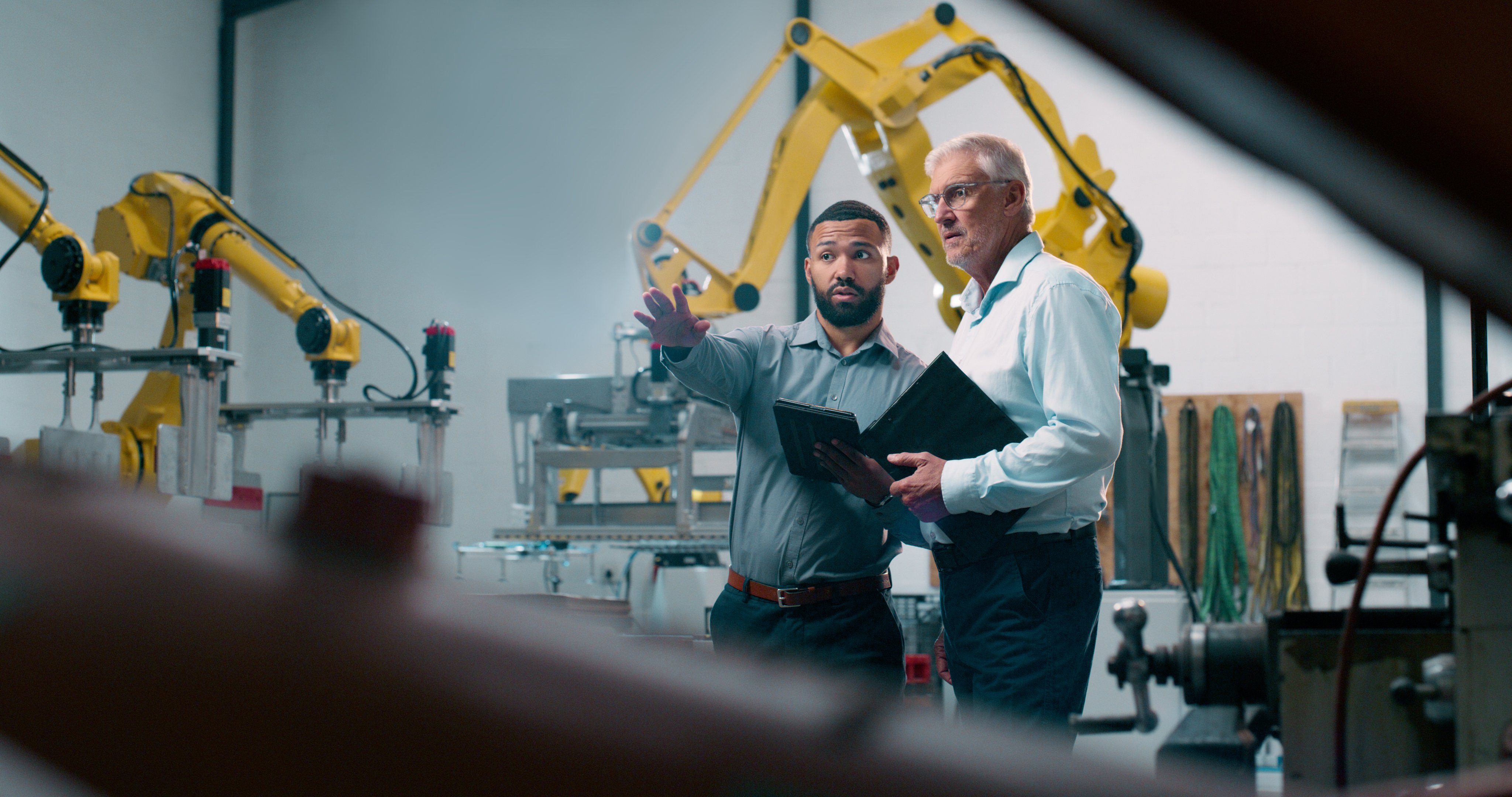
- December 2025 (1)
- November 2025 (2)
- October 2025 (3)
- September 2025 (3)
- August 2025 (3)
- July 2025 (2)
- June 2025 (3)
- May 2025 (3)
- April 2025 (3)
- March 2025 (2)
- February 2025 (1)
- December 2024 (2)
- November 2024 (1)
- August 2024 (2)
- June 2024 (3)
- May 2024 (3)
- April 2024 (1)
- March 2024 (3)
- February 2024 (2)
- January 2024 (2)
- December 2023 (1)
- November 2023 (2)
- October 2023 (2)
- September 2023 (1)
- August 2023 (1)
- July 2023 (2)
- June 2023 (3)
- May 2023 (2)
- March 2023 (4)
- January 2023 (2)
- November 2022 (2)
- September 2022 (1)
- August 2022 (2)
- July 2022 (2)
- June 2022 (1)
- May 2022 (1)
- April 2022 (3)
- March 2022 (1)
- February 2022 (3)
- January 2022 (2)
- December 2021 (1)
- November 2021 (1)
- October 2021 (2)
- September 2021 (3)
- August 2021 (1)
- July 2021 (3)
- May 2021 (2)
- April 2021 (2)
- March 2021 (2)
- February 2021 (3)
- January 2021 (3)
- December 2020 (1)
- October 2020 (1)
- August 2020 (1)
- August 2019 (1)
- January 2019 (2)
- September 2018 (5)
- June 2018 (1)
- November 2017 (1)
- September 2017 (1)
- July 2017 (1)
- May 2017 (1)
- January 2017 (1)
- October 2016 (2)
- August 2016 (1)
- July 2016 (1)
- June 2016 (1)
Subscribe by email
The construction industry faces challenges, including worker safety and unexpected cost overruns. Companies in this industry are continually seeking ways to improve operations, and IoT offers a new source of solutions. Here’s what you should know about IoT in construction.
The Role of IoT in Construction
The construction industry includes a variety of segments, such as residential and commercial construction, industrial construction, and infrastructure. While the industry has experienced significant growth, high capital expenses around assets like equipment, and labor efficiency can pose some unique challenges for construction companies and even companies in other segments of the value chain. Customer satisfaction can be a challenge as well, often hampered by time and budget overruns. If there is an industry ripe for the benefits of IoT solutions, it’s construction.
There are many ways that IoT is already improving the construction industry today. Construction companies are improving processes, increasing safety, reducing theft, making inventory and cost monitoring more accurate, and reducing environmental impacts.
Benefits of IoT in Construction
IoT can benefit the construction industry in many ways. Let’s look at a few of them.
- Safety — IoT sensors can monitor environmental conditions, location, and other factors and keep workers and management aware of potential safety issues.
- Security — IoT devices can enable remote monitoring of any job site or location, and sensors can track the location of items to reduce theft.
- Performance — Because IoT sensors can monitor operating conditions and physical states, companies can better optimize performance. Think of engines that require oil changes regularly to prevent equipment breakdowns and make the engines last longer.
- Productivity — IoT monitoring of equipment and maintenance needs can help reduce downtime, increasing productivity. Some IoT solutions can monitor how often and how rigorously equipment is being used, in order to improve scheduling. Just like a production line in a factory, getting raw materials and equipment to a job site at the right place at the right time – and using it efficiently, can directly impact a company’s bottom line.
7 Examples of How IoT Is Transforming Construction
There are a lot of great use cases for leveraging IoT in construction, from tracking the location of equipment to measuring usage efficiency to monitoring inventory. Here are several examples of IoT in construction.
- Employee safety wearables — Connected devices can monitor where employees are located on-site and facilitate communication to improve safety outcomes and reduce downtime.
- Sensors to track humidity, pressure, temperature, and concrete curing — With IoT sensors measuring humidity, pressure, and temperature, companies can ensure optimal storage environments for sensitive equipment and inventory. IoT sensors on job sites can measure when concrete has cured to accelerate schedules.
- Equipment tracking — With IoT tracking, construction companies can track the location of equipment, tools, and other items. For example, Zipit works with a customer that builds and sells tracking devices that can be attached to construction tools. They communicate via LoRa technology with an IoT cellular gateway device to transmit the location data via the cellular network back to the cloud platform. From there, data can be displayed in an online dashboard.
- Precision-controlled grading equipment — IoT-enabled construction equipment automatically adjusts controls based on current conditions.
- Waste monitoring — Waste management is crucial from a health and safety standpoint as well as an environmental one. IoT sensors can monitor hazardous waste levels and alert staff when waste has reached a level that requires removal.
- Structural health monitoring — IoT sensors can detect vibrations and identify cracks to ensure structures are sound both during and after construction. If there’s an issue that needs to be addressed, an alert can be sent with vital information.
- Theft prevention — IoT trackers monitor the location of equipment, inventory, and other items, and can notify staff as items move out of a geographic perimeter. This capability can reduce theft and potentially lead to significant cost savings.
Through the use of IoT technology, construction companies can improve all aspects of their business operations while making work safer and more efficient for their employees.
The Future of IoT in Construction
So where do we see the construction industry heading in the near future? Construction companies will be able to better track equipment, workers, and supplies to improve efficiency, safety, and outcomes. This will, in turn, improve the bottom line and in some cases improve customer relationships. When the cost overruns and time delays that have consistently plagued the construction industry are reduced, customer satisfaction will improve. Additionally, device data can be analyzed to improve operational decision-making.
We expect smart technology to proliferate, from smart homes to smart businesses to smart government buildings. IoT will increasingly enable greater efficiency on worksites and will enable new business models like collaborative contracting and performance-based contracting that will establish the foundation for new and different relationships. There are plenty of developments in IoT in construction that are worth watching, and it will be exciting to see how the expansion of IoT usage in this industry benefits everyone.
Learn more: Future of IoT: What to Expect in the Next 5 Years
How Zipit Is Helping Construction Companies Connect with IoT
Zipit supports the exciting opportunities in the construction industry by working with customers to offer top-tier networks to support all of their IoT ventures. We provide premier carrier connectivity from the best cellular service providers around the world. You can easily manage all aspects of your IoT-enabled business with our sophisticated and intuitive multi-carrier platform. Leverage it for your subscription billing, management of device connections, and more. Our customers love being able to take full advantage of the power of IoT connectivity with this effective and easy-to-use foundation.
Explore how Zipit’s customers are using the platform to grow their businesses.
You might also like:
Related Content
The latest IoT insights and platform updates from Zipit.
As billions of connected devices continue to shape modern life, IoT manufacturers ...
The Internet of Things (IoT) is transforming how businesses operate, compete, and ...
IoT asset tracking unlocks real-time awareness, predictive power, and operational ...


